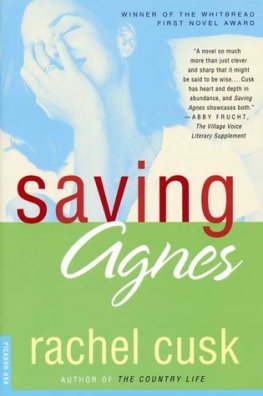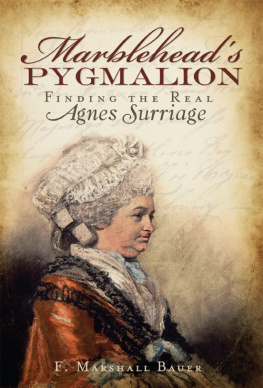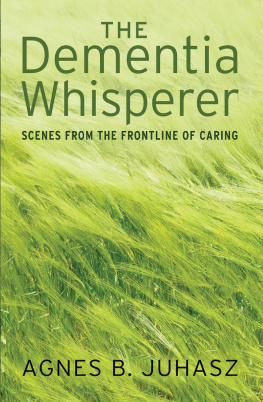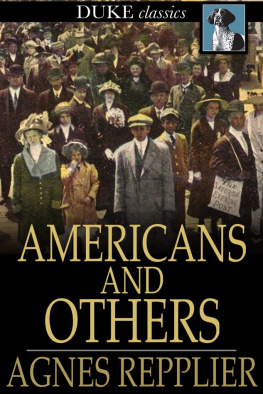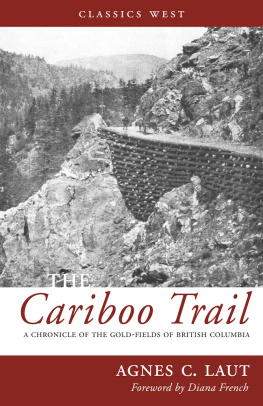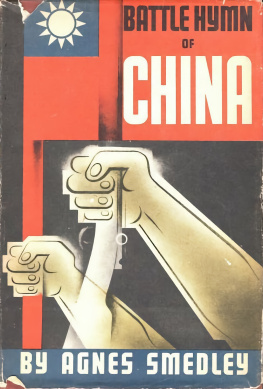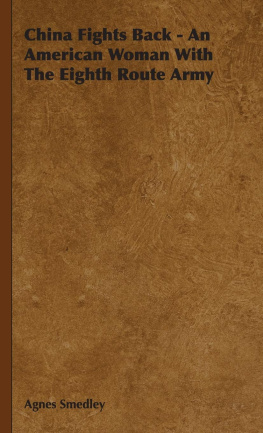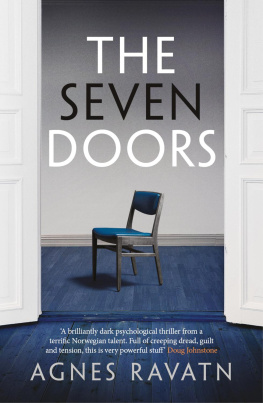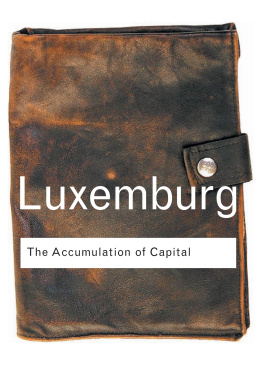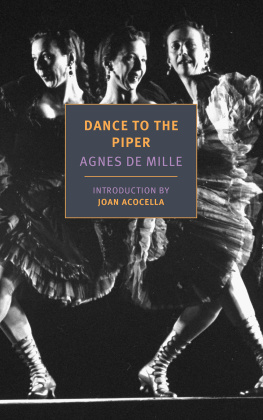To my mentor Patrick Coker, for believing in me and being loyal to our relationship; my boss Joseph Kojo Robert-Mensah, for a thousand reasons; my father, Dr. Joseph I. Kamara, for loving me and letting me know he is my real father; my son Alusine Reginald Turay, who always believed in me and knew I could do and be anything I wanted in this world; to my Kalf Allah, who is deep in my heart, and to Master, who is my brother, friend, love, hope, and strength and for reasons best known to both of us.
A GNES F ALLAH K AMARA -U MUNNA
To the children of Liberia, especially the brave young people who endured the unthinkable and are building brighter futures. You have my deepest gratitude and admiration. And to my family, Nicole, Lindsay, and Peter Holland, who have supported every dream and step of this journey. And who have never, no matter how dark or steep the climb, stopped believing in me. I love you.
E MILY H OLLAND
Contents
W ELCOME TO ANOTHER edition of Straight from the Heart on UNMIL Radio, 91.5 Monrovia, Harper, and Zwedru; 90.5 Gbanga; 97.1 Voinjama and Greenville; and 95.1 Sanniquellie. Straight from the Heart is a live, phone-in program designed to air your true-life stories and look at how we can become reconciled to what happened to us... and, in some cases, the shameful things we did to others... with the hope that we Liberians can reunite with one another.
Getting over the past is never easy. It does not mean forgetting. But rather, acknowledging what came before in order to live together once again. What does reconciliation really mean? What are the fundamental issues? Is reunification a desirable goal for us in Liberia? After years of civil war, how can Liberian society achieve peace?
My name is Agnes Umunna. Today we will hear the story of a former child soldier, Jefferson, who was just two years old when he was captured by the rebels. Now he finds it difficult to live in his community and seeks forgiveness. How do we talk to Jefferson about asking for forgiveness, being forgiven, and becoming reconciled with the people he hurt as a child soldier during the war?
First, let us listen to his story.
MY FAMILY IS Gio. We lived in Monrovia when the soldiers started hunting people from our tribe. I was two years old and lived with my auntie. When the soldiers came, my parents ran to the church and we were going to run with them, but my auntie said we should wait. While we were waiting, we heard on the news that they were carrying on a massacre at the church. Everyone was being slaughtered. My mother, my father, my little sister! When this happened, my auntie screamed, I am a Gio woman! See what they did to your mother, your father, and your little sister? If the people come and find out we are Gio, they will kill us, too!
We could not stay there any longer. We ran to Nimba, which is where the revolution started and where my family comes from. My auntie thought we would be safe there. But she was an old woman, and when we got to Nimba she could not take the gunshots anymore. As soon as we got to our village, she died.
I remember crying, crying, my auntie dead and wondering who would take care of a little boy like me? People were running into the forest, so I followed them. I didnt know nobody, nobody know me. Suddenly, one of Charles Taylors leaders jerked his thumb in my direction. He said I should follow him. He said he loved me because I was a bright child and had high-headed ways. He would promote me to the Small Boys Unit, which is what they called The Marines back then. And you know, as a child, you dont have any sense, so I ran with that group until I was four or five years old.
At seven years, he gave me gun. I didnt even know about guns, but he taught me to shoot and I did some things I still regret. Once, I was standing there and my commander and one of his deputies starting arguing. They made a bet about a pregnant womanand if anybody is related to that woman, please forgive me. The rebel leader said the woman had a boy child in her stomach. His deputy said she had a girl child. They bet two hundred U.S. dollars.
Then my commander called me over. He said, Jefferson! I said, Sir chief? He say, Open that woman! I want to see which child is in her stomach! She was screaming. Crying Lord, Lord, Lord. But because we were all on drugs, we didnt do things normally. I opened that woman raw to see what sex she was having. And the child was a male child, so my commander was happy. He got two hundred dollars U.S. for his trouble. And the woman died. And her baby died. And after I cleaned up the operation my commander said, You are good to go.
Jefferson
P EOPLE THOUGHT IT was Judgment Day. The end of the world. Suddenly everything we heard would happen if we didnt live more righteously Turn to God! Before its too late! was raining down on our tiny African nation. Brother killed brother. Sons were forced to rape their mothers. Fathers were forced to sleep with their daughters just to save their lives. Children were sacrificed. Those who werent sacrificed or kidnapped stayed close to their parents. It was too dangerous for them to play outdoors. The beaches, the jungle, even the schoolyards, were full of bullets. For fourteen years, it was like the last day on earth.
Why God had chosen to start with Liberia was a mystery. So far as we knew we had done little and mattered less in the worlds eyes. We had waged no wars, built no nuclear weapons. The average Liberians salary would make you shake your heads in piteous disbelief. Still, we looked for answers: Would this be happening if I had worked harder? Been kinder to my loved ones? It took a long time for us to understand that the darkness swallowing our country had been building for a long time. We were demanding answers for actions that went back decades and, in some cases, centuries.
If you do not know Liberia, you are not alone. Most people cant point to it on a map or know about the nightmare that for fourteen years tore our country apart. The few who do often lump it together with Africas other fifty-two countries and island nations and dismiss us. In telling you this story, I hope to change that perception, but not for the reasons you might think. Whats done can never be undone. We are responsible for our sorrow, and it is up to us, the Liberian people, to look back, look past, and move on. No one can do that for us. Still, everyone knows historys talent for repeating itself. I am an optimist, but we live in a world where terrible things can and do recur. While I hope with all my heart that what happened to us never happens to you, we can learn from Liberias tragedy. If we dont, someday our grief could be yours.
Of course, to understand the story of the Liberian child soldiers you first have to understand the story of our land. The Liberian people have a unique past. No matter what side of the war we were on, we possess a shared story. I am no historian. Or, rather, we are all historians in Liberia, and this gets us into trouble. Nevertheless, to help you grasp Liberias child soldiers, and also myself, a little better, I will do my best to lay down briefly the events and individuals that led to Liberias civil war. That war being two wars that left as many as three-fourths of our women raped, more than 250,000 people killed out of a population of 2.5 million, thousands more killers, and everyone knowing somebody buried under the earth.
Most people trace our nations beginning back to the early 1820s. It was then that a group of Americans decided the best way to manage freed black slaves and slaves coming into their freedom was to ship them roughly six thousand miles away to Africa. The American Colonization Society sent former slaves from the sweltering plantations of the southern United States to the sultry shores of modern-day Monrovia. Slaves freed from slave ships were also directed there. The settlers who didnt die from malaria, yellow fever, hunger, or poisonous arrows courtesy of the native peoples went on to Christianize and subdue the natives and purchase or seize their land. In 1847, the colony of Liberia (meaning liberty) was founded. Its constitution was drafted in the United States. The freed slaves, now called Americo-Liberians, formed the True Whig Party and would dominate Liberian politics for the next 133 years.
Next page

